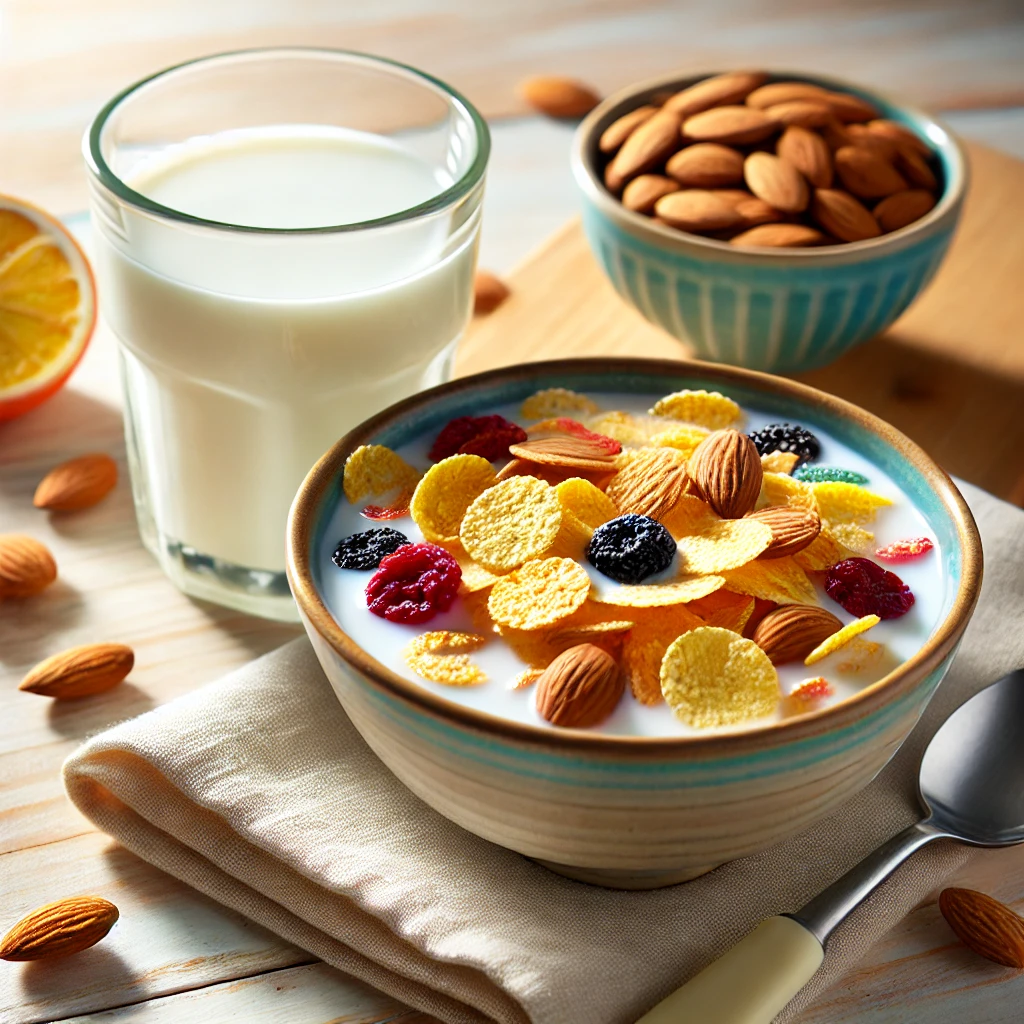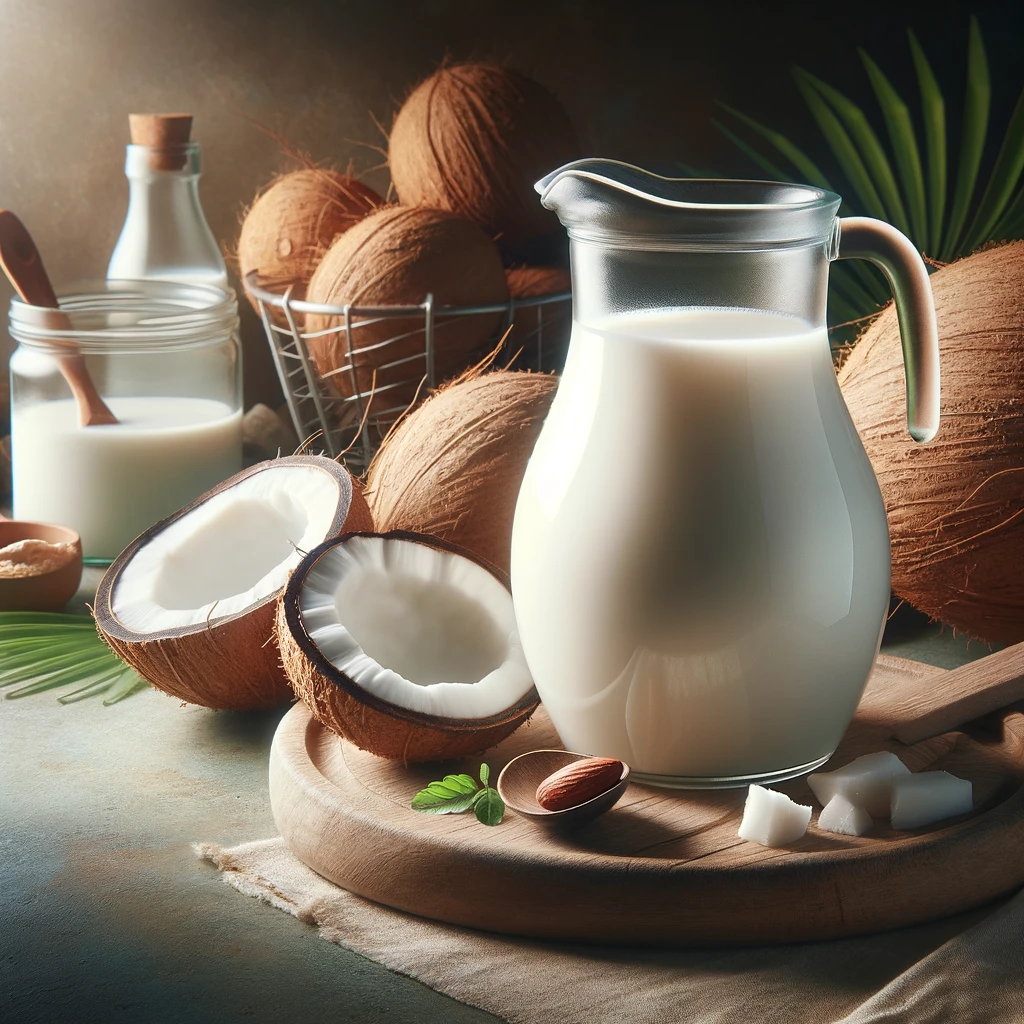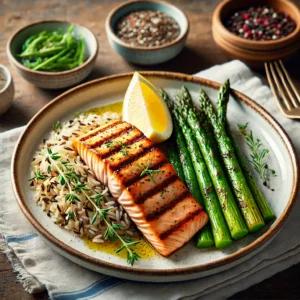Dairy-Free Diet

What is Dairy-Free?
A dairy-free diet involves the avoidance of all sources of dairy products and ingredients derived from milk. This dietary approach is adopted for various reasons, including lactose intolerance, milk allergy, ethical considerations, and personal preference. Here are some key points about the dairy-free diet:

Avoidance of Dairy Products: A dairy-free diet excludes all dairy products, including milk, cheese, yogurt, butter, cream, ice cream, and whey protein. Ingredients derived from milk, such as casein and lactose, are also avoided.
Lactose Intolerance: Lactose intolerance is the inability to digest lactose, the sugar found in milk. Individuals with lactose intolerance may experience gastrointestinal symptoms such as bloating, gas, diarrhea, and abdominal discomfort after consuming dairy products. A dairy-free diet helps alleviate these symptoms by eliminating lactose-containing foods.
Milk Allergy: Some individuals have a milk allergy, which is an immune response to proteins found in cow’s milk. Symptoms of milk allergy may include hives, itching, swelling, difficulty breathing, and digestive issues. A dairy-free diet is necessary to avoid triggering allergic reactions in individuals with milk allergy.
Ethical and Dietary Preferences: Some people choose to follow a dairy-free diet for ethical reasons, such as concerns about animal welfare or environmental sustainability. Others may adopt a dairy-free diet as part of a plant-based or vegan lifestyle.
Nutritional Considerations: While dairy products are a significant source of calcium, vitamin D, and other nutrients, it’s essential to obtain these nutrients from alternative sources on a dairy-free diet. Calcium-fortified plant-based milk alternatives, green leafy vegetables, tofu, almonds, and fortified foods can provide essential nutrients typically found in dairy products.
Reading Labels: When following a dairy-free diet, it’s crucial to read food labels carefully to identify hidden sources of dairy ingredients. Milk, whey, casein, lactose, and other milk-derived components may be present in processed foods, baked goods, and packaged products.
Cooking and Meal Preparation: With careful planning and creativity, it’s possible to enjoy a varied and satisfying dairy-free diet. Explore dairy-free recipes and cooking techniques to create delicious meals and snacks using plant-based ingredients, alternative dairy products, and dairy-free substitutes.
Consultation with Healthcare Professionals: If you’re considering a dairy-free diet, especially for medical reasons such as lactose intolerance or milk allergy, consult with a healthcare professional or registered dietitian. They can provide personalized guidance, dietary recommendations, and nutritional support to ensure you meet your nutritional needs while following a dairy-free lifestyle.

Overall, a dairy-free diet can be a viable and healthy option for individuals with lactose intolerance, milk allergy, ethical considerations, or dietary preferences. By making informed choices and exploring dairy-free alternatives, you can enjoy a nutritious and satisfying diet that supports your health and well-being.
Dairy-Free Diet Must-Knows
Identify Your Reasons: Determine why you are choosing to eliminate dairy from your diet. Whether it’s due to lactose intolerance, milk allergy, ethical reasons, environmental concerns, or personal preference, understanding your motivations will help you stay committed to your dietary choices.
Ensure Nutritional Adequacy: Dairy products are rich sources of calcium, vitamin D, protein, and other nutrients. When eliminating dairy from your diet, it’s important to obtain these nutrients from alternative sources. Include calcium-fortified plant-based milk alternatives, green leafy vegetables, tofu, almonds, sesame seeds, and fortified foods in your diet to meet your nutritional needs.

Plan Your Meals: Take time to plan your meals and snacks to ensure they are balanced and satisfying. Incorporate a variety of nutrient-dense foods such as fruits, vegetables, whole grains, legumes, nuts, seeds, and lean proteins to support your overall health and well-being on a dairy-free diet.

Explore Dairy-Free Alternatives: There are numerous dairy-free alternatives available in the market, including plant-based milk (almond, soy, coconut, rice), vegan cheese, dairy-free yogurt, and non-dairy ice cream. Experiment with different brands and varieties to find options that suit your taste preferences and nutritional goals.
Monitor Your Symptoms: Pay attention to how your body responds to the dairy-free diet. Note any changes in your energy levels, digestion, skin health, and overall well-being. If you experience persistent symptoms or concerns, consult with a healthcare professional to address them effectively.
Be Mindful of Cross-Contamination: Avoid cross-contamination by using separate utensils, cutting boards, and kitchen equipment for dairy-free foods. Be cautious when dining out or eating at restaurants, and communicate your dietary restrictions to ensure your meals are prepared without dairy ingredients.
Understand Hidden Sources of Dairy: Dairy can be found in various foods and ingredients, including milk, cheese, yogurt, butter, cream, ice cream, and whey protein. Additionally, dairy derivatives such as casein and lactose may be present in processed foods, baked goods, sauces, and condiments. Learn to read food labels carefully to identify hidden sources of dairy and make informed food choices.
Supplementation: Consider supplements based on your dietary needs and nutritional requirements. Consult with a healthcare professional to determine if they’re necessary for you.
Stay Educated: Stay informed about developments in dairy-free nutrition, cooking techniques, and food labeling practices. Join online forums, attend cooking classes, and read reputable sources to expand your knowledge and support your dairy-free lifestyle.












